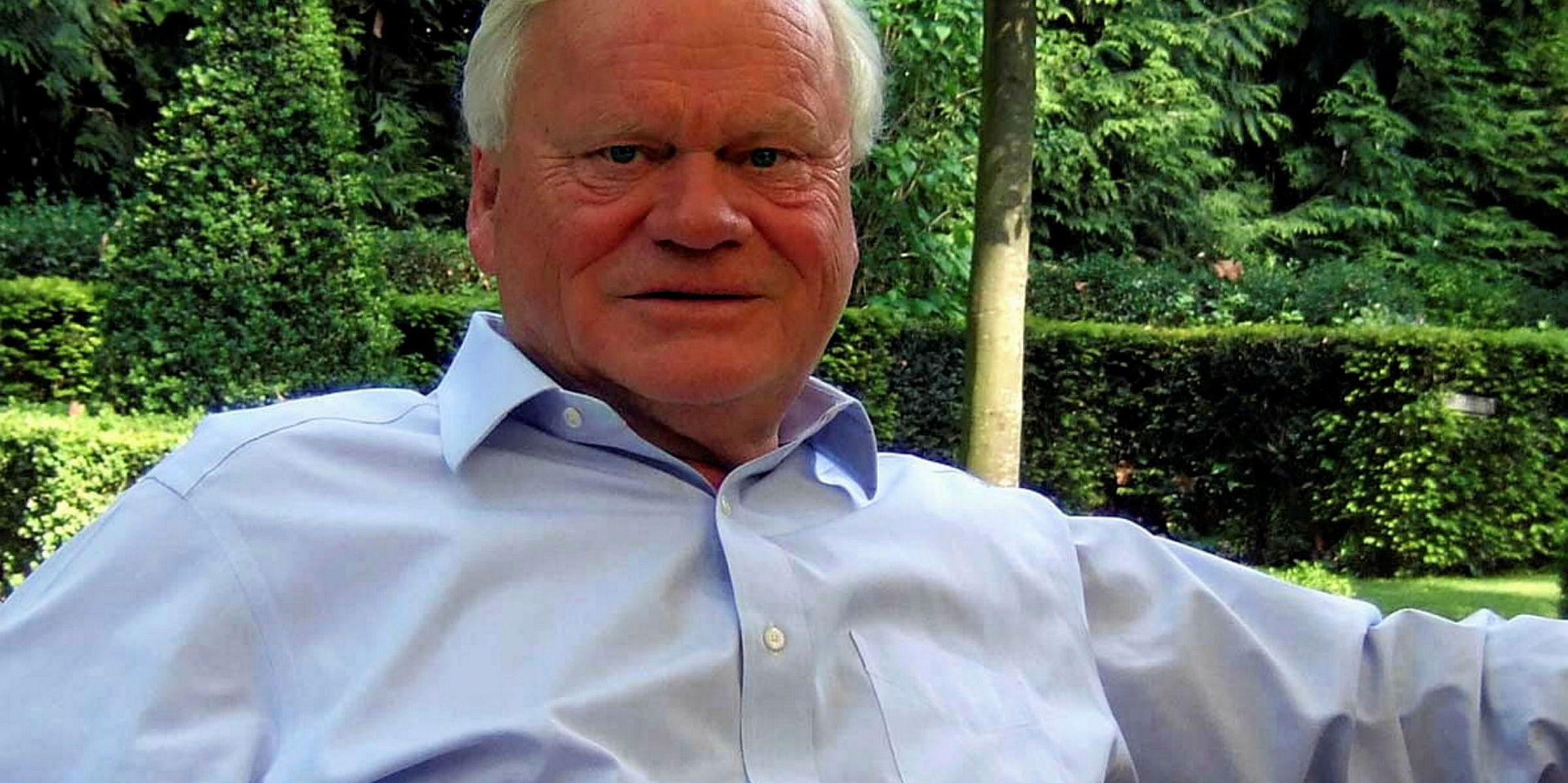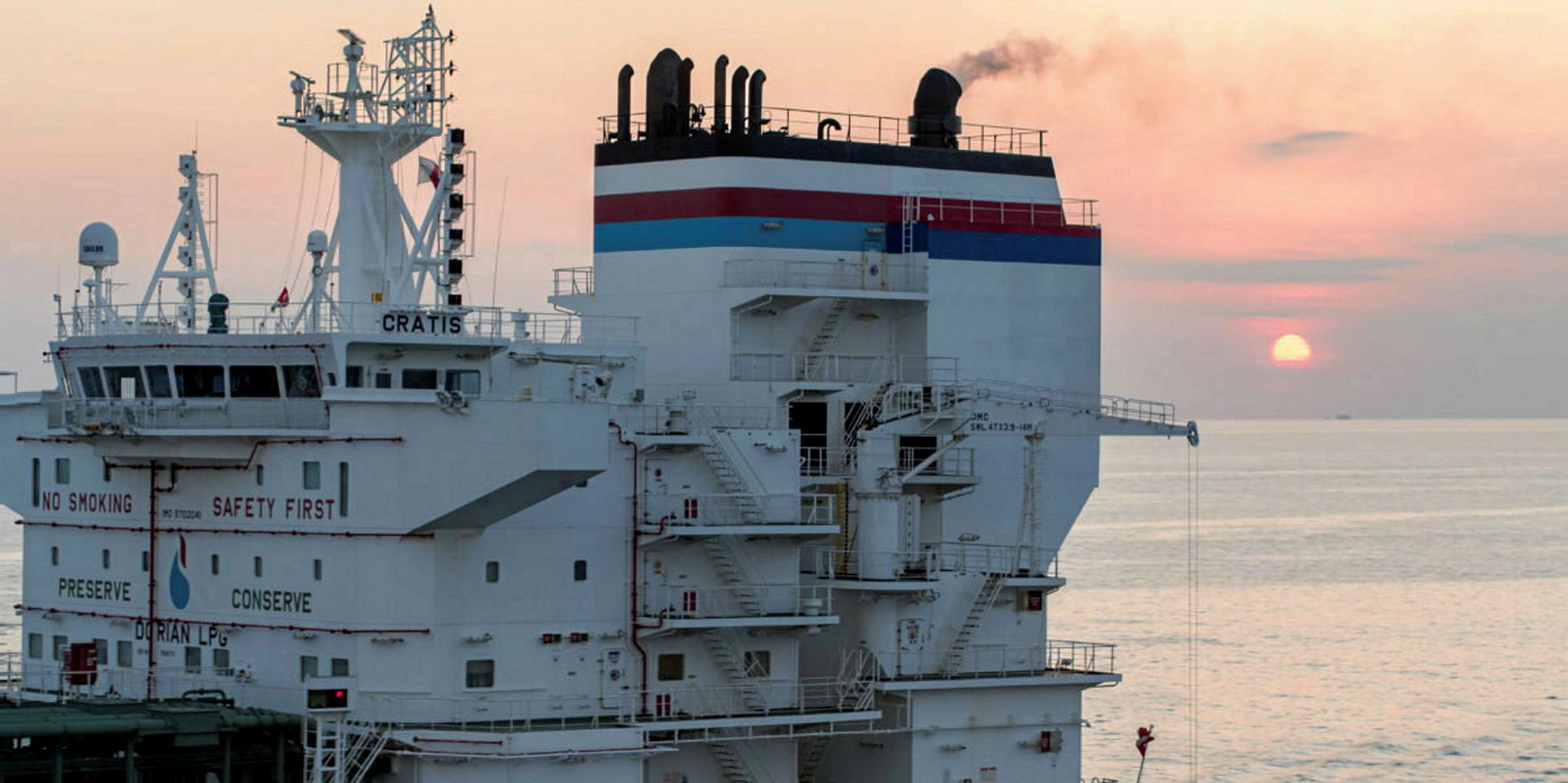Navig8 Group has held an optimistic long-term outlook for tanker trade, but admits the pace of oil destocking will set the market tone in the quarters to come.
With large tonnage removed from trading for floating storage due to oil oversupply, crude and tanker earnings have been at strong levels since March.
In a webinar on Wednesday, the pool manager’s research director, Paul Marsh, said the bullishness would be followed by a period of weak earnings as drawdowns of oil stocks begin.
Then, aged tankers would be scrapped in droves before shipowners enjoy a sustained recovery in earnings due to limited vessel supply, he predicted.
A hard question
But Marsh admitted that when and how destocking of oil at sea happens remains a difficult “million-dollar question”, with energy demand highly influenced by the ever-evolving coronavirus pandemic.
Taking into account 63 VLCCs or the equivalent used as floating storage, changes in ship speeds, newbuilding and retrofit projects and crude supply levels, net tanker demand will increase by 15 VLCCs or the equivalent between the end of February and 30 June, Navig8 estimated.
It predicted a loss of demand for 142 VLCCs due to crude output cuts by major producers in May and June, partly offset by an introduction of reduced sailing speed.
More shiprecycling
“Over the next two months, none of the long-term floating storage [will be drawn],” Marsh said. “However, in the longer term, it will.
“It will decline at a much slower [pace] than it built — over a year, maybe two. It’s going to be a slow decline of floating storage.
“The tanker market will suffer. This is because oil has been moved yesterday for the needs further down the line.”
I can see a situation arising where earnings for non-scrubber tankers are low ... yet the differential on fuels could well bring earnings for scrubber-fitted tankers to pretty acceptable levels
Paul Marsh
Marsh expects that the bearish development, coupled with regulatory requirements, will force many owners to scrap aged vessels.
Up to 99 crude and 76 product tankers could be demolished next year, as well as 252 crude and 197 product tankers in 2022, according to Navig8’s calculations.
Old ships without scrubbers in particular will struggle to earn more than their operating costs, so owners are more likely to scrap them rather than invest in ballast water treatment systems, according to Marsh.
The IMO required all vessels to switch from high-sulphur fuel oil (HSFO) to marine gasoil or very low-sulphur fuel (VLSFO) from January this year, unless they are fitted with scrubbers.
While the discount of HSFO to VLSFO has sharply narrowed this year, Marsh said the spread would widen again as the oil price recovers. Limited scrubber installations this year would also lead to lower HSFO demand and price later on.
“I am bullish on scrubber economics for 2021, and even more so for 2022,” he said.
“I can see a situation arising where earnings for non-scrubber tankers are low ... yet the [price] differential on fuels could well bring earnings for scrubber-fitted tankers to pretty acceptable levels.
“This will only add pressure on older vessels, thus pushing them towards the scrapyard.”
Navig8 has installed scrubbers on its modern fleet of product tankers and is part-owner of the scrubber supplier Clean Marine.
Marsh also holds the view — shared by many others — that newbuilding orders will stay limited before new fuel technology emerges to meet the IMO’s decarbonisation goals.
Promising picture on supply
The IMO plans to finalise short-term decarbonisation regulations this year, but some environmentalists and shipowners are worried about possible delays because of the postponement of many of its meetings due to Covid-19.
“We will see many owners of vintage tonnage throwing in the towel and a lack of significant ordering taking place, which leads to a very promising supply-side picture,” Marsh said.
“After emerging from this period, it is also likely that tanker demand will be rising, with floating storage also normalised.
“At this point, I would expect a sustained period of strong earnings for the tanker market.”







